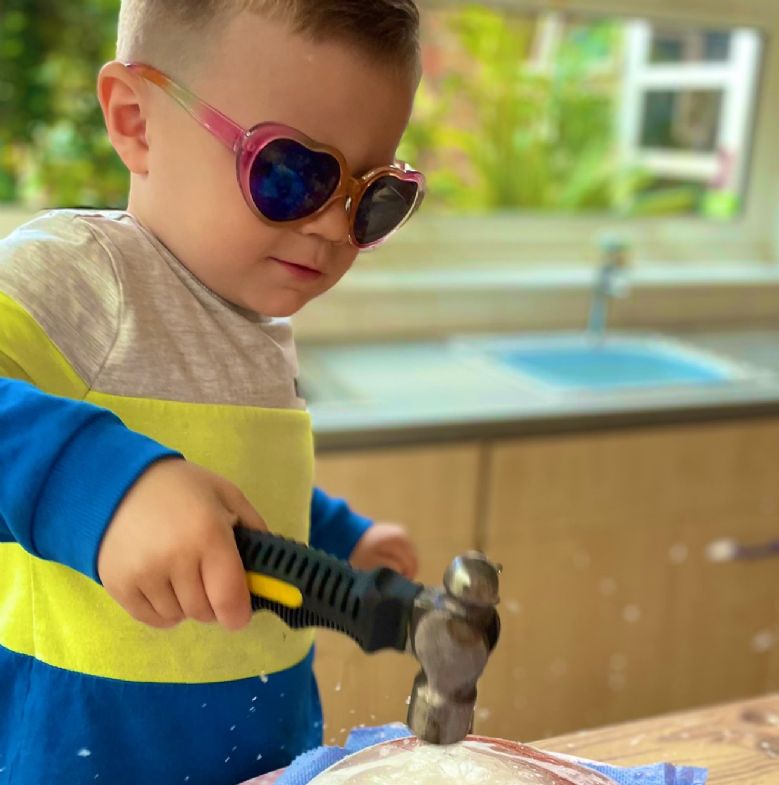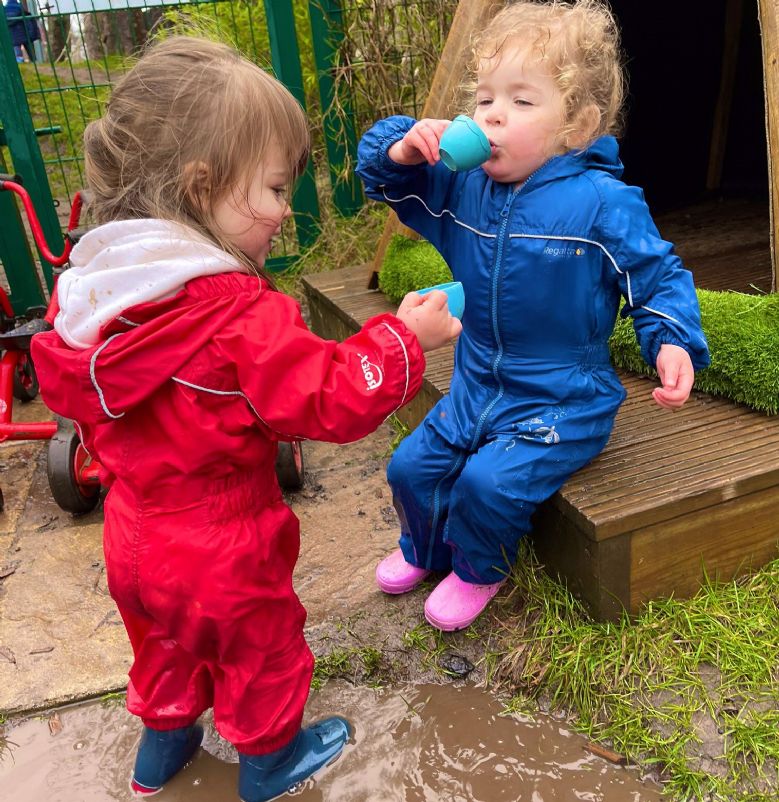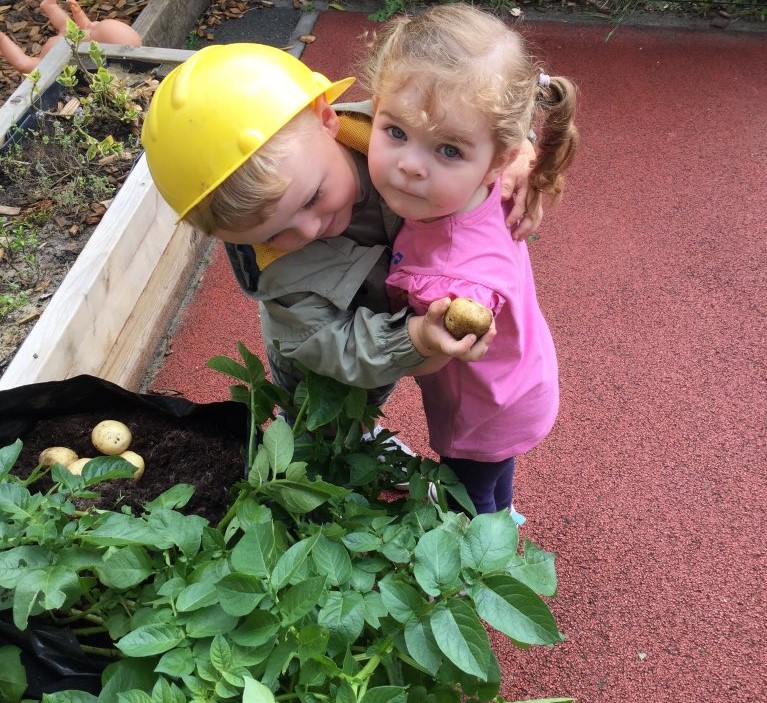Our Early Years Principles
10 Principles of Early Years Education at the Ely and Caerau Integrated Children's Centre
Tina Bruce, Early Childhood Education, 2015 (5th edition), Hodder Education: London

Principle 1
The best way to prepare children for adult life is to allow them to be children.

Principle 2
Children are whole people who have feelings, ideas and relationships with others and who need to be physically, mentally, morally and spiritually healthy.

Principle 3
Subjects such as Mathematics and art cannot be separated; young children learn in integrated ways and not neat, tidy compartments.

Principle 4
Children learn best when they are given appropriate responsibility, allowed to make errors, decisions and choices, and respected as autonomous learners.

Principle 5
Self-discipline is emphasised. Indeed, this is the only kind of discipline worth having. Reward systems are very short-term and do not work long-term. Children need their efforts to be valued.

Principle 6
There are times when children are especially able to learn particular things.

Principle 7
What children can do (rather than what they cannot do) is the starting point of a child's education.

Principle 8
Imagination, creativity and all kinds of symbolic behaviour (reading, writing, drawing, dancing, music, mathematical number, algebra, role play and talking) develop and emerge when conditions are favourable.

Principle 9
Relationships with other people, both adults and children, are of central importance in a child's life.

Principle 10
Quality education is about three things: the child, the context in which learning takes place and the knowledge and understanding which the child develops and learns.
